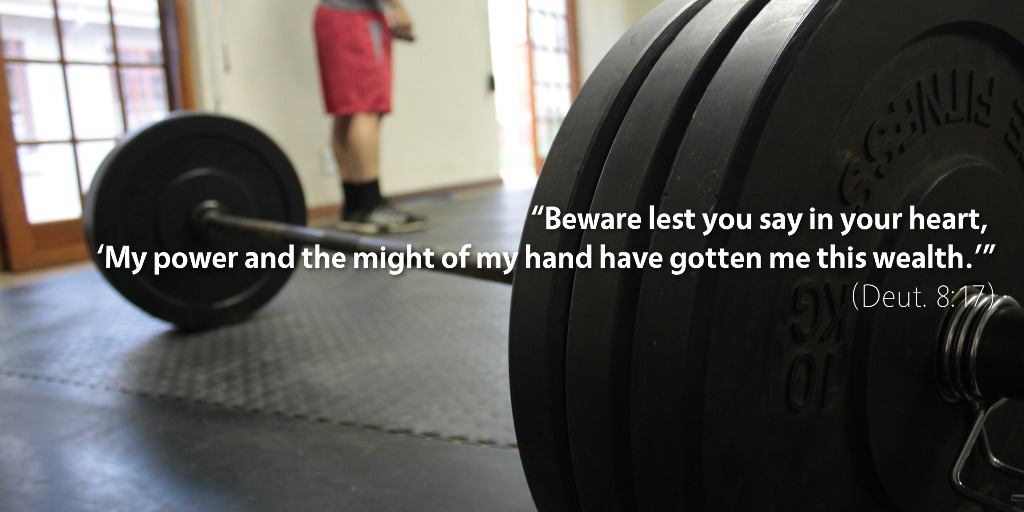Bible Readings for June 4th
Deuteronomy 8 | Psalm 91 | Isaiah 36 | Revelation 6
Deuteronomy 7–9 contains three separate reflections on the scandal of particularity, the subject we discussed in our meditation from Deuteronomy 4. In these chapters, Moses raises three possibilities to explain why Israel might be receiving the blessings of Yahweh—including the full wealth and prosperity of the Promised Land—and then he knocks each one down. It is neither because of Israel’s size (Deut. 7) nor because of their righteousness (Deut. 9) that Yahweh has lavished his love upon them, and here in Deuteronomy 8, Moses explains that it is also not Israel’s strength that will cause them to take possession of the land of Canaan.
So, Deuteronomy 8 begins with a plea for Israel to remember Yahweh and all that Yahweh had done for them. Moses reminds Israel that, even where the wilderness had humbled Israel, Yahweh nevertheless fed his people with manna and clothed his people in garments that did not wear out through the entire forty years that they waited to enter into Canaan (Deut. 8:1–5). Yahweh did this, Moses explains, to test Israel to see whether they would keep his commandments (Deut. 8:2) and to teach them that “man does not live by bread alone, but man lives by every word that comes from the mouth of the LORD” (Deut. 8:3).
But Moses also understands that Israel will likely forget these lessons that they learned through suffering in the wilderness, so he issues this stern warning: “Beware lest you say in your heart, ‘My power and the might of my hand have gotten me this wealth’” (Deut. 8:17). If Israel gives in to allowing this arrogance to fester in their hearts, Moses reasons, they will be drawn away to serve and worship false gods instead of the living God who did give them these blessings.
As we look upon our own lives, it is remarkably easy to believe that we have gained for ourselves all that we possess rather than remembering that all good gifts come down from the Father of lights (James 1:16–17). Even the great King Nebuchadnezzar, the mighty ruler of Babylon, could not take credit for building his empire—and when he tried to do so, God struck him down to live as an animal with the beasts of the field because of his pride (Dan. 4:28–37).
Rather than bragging about our achievements with pride, we ought to ask, like Paul, “What do you have that you did not receive? If then you received it, why do you boast as if you did not receive it?” (1 Cor. 4:7). Examine your heart—do you give all glory to the God who graciously gives us all things along with the most precious gift of all, his Son Jesus Christ? Or do you secretly credit your own strength, abilities, or intelligence for your achievements and possessions in life?
Podcast: Play in new window | Download (5.1MB) | Embed
Subscribe: Apple Podcasts | RSS | More

Scripture quotations are from The Holy Bible, English Standard Version copyright © 2001 by Crossway Bibles, a division of Good News Publishers. Used by permission. All rights reserved.


